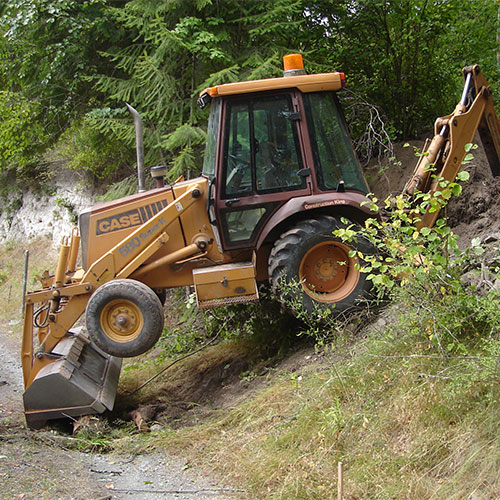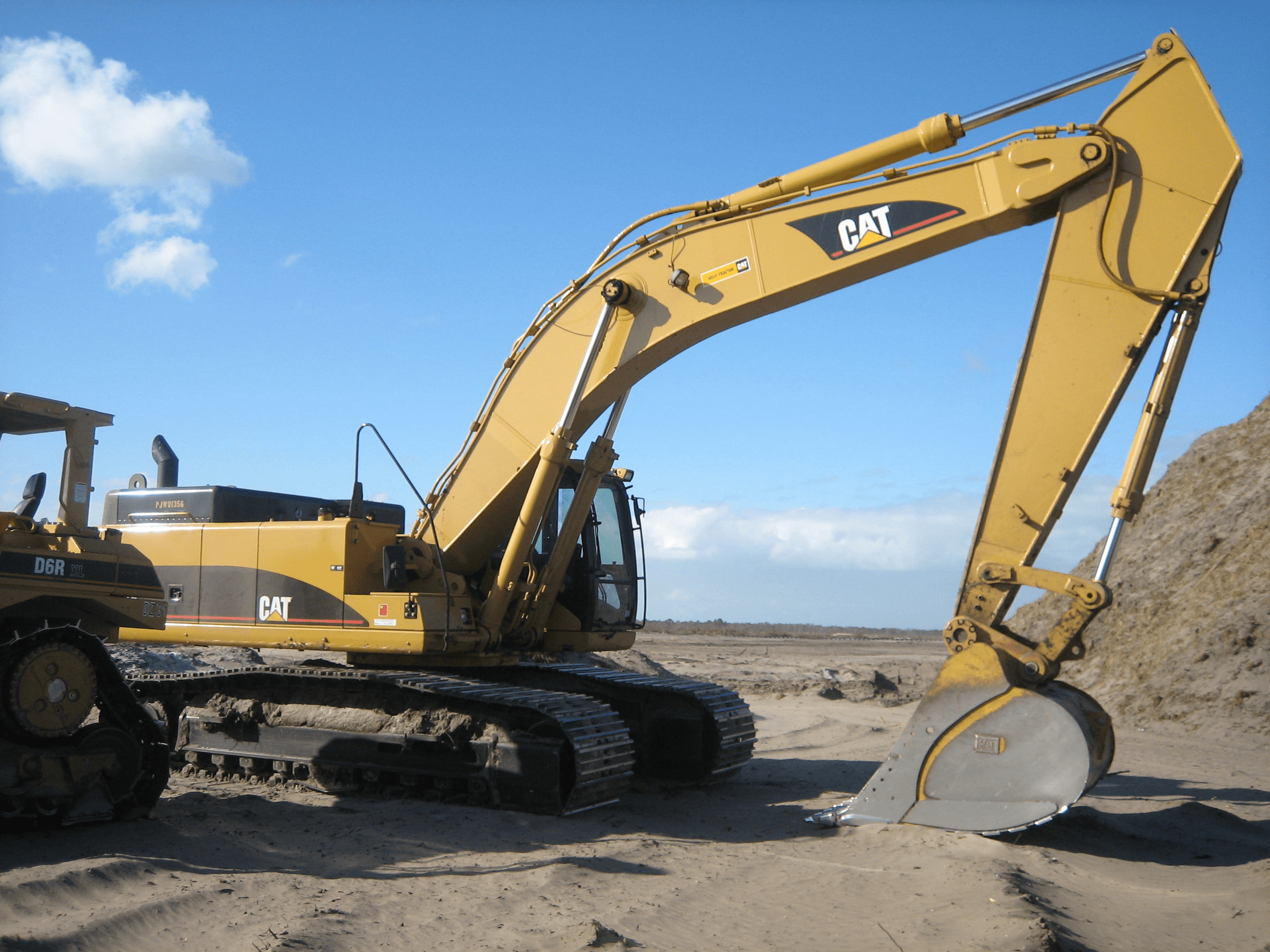Professional Septic Ohio - Trusted Septic Tank Specialists in Ohio
Professional Septic Ohio - Trusted Septic Tank Specialists in Ohio
Blog Article
Comprehensive Excavation Approaches: Grasping the Basics for Success
In the world of building and civil engineering, the value of efficient excavation approaches can not be overemphasized. The cautious planning, accurate implementation, and thorough attention to detail required in excavation projects require a thorough approach that includes different basic facets. From initial dirt evaluation to the application of precaution and regular development surveillance, grasping these core elements is essential for achieving success in any kind of excavation undertaking. The true proficiency lies not merely in recognizing these fundamentals but in seamlessly integrating them to navigate the intricacies of excavation tasks with skill.
Recognizing Excavation Job Planning

The first stage of any excavation job is the preparation phase, where critical decisions are made that can considerably affect the end result of the task. Understanding the project timeline, spending plan, and extent restraints is crucial for creating a detailed excavation plan that guarantees the project's success.
One key aspect of excavation project preparation is the growth of a thorough timeline that outlines the series of tasks, deadlines, and milestones. This timeline serves as a roadmap for the project group, permitting them to track development and make required adjustments to guarantee the project remains on routine. Furthermore, a well-defined budget plan that represents all expenses, including tools leasing, labor costs, and products, is important for avoiding expense overruns and delays. By thoroughly considering all these variables during the drawing board, excavation tasks can be implemented successfully and effectively, resulting in effective end results.
Soil Evaluation and Website Evaluation
Carrying out thorough soil analysis and website analysis is a vital action in the prep work stage of any excavation job. Soil evaluation entails determining the structure, structure, and properties of the soil at the excavation site. This info is critical for recognizing the dirt's bearing capacity, moisture content, and potential for erosion, which are essential consider figuring out the excavation approaches and tools required for the task.
Website evaluation exceeds dirt evaluation and incorporates a more comprehensive analysis of the total website problems. This analysis consists of recognizing any type of prospective dangers, such as underground utilities, environmental issues, or unstable terrain, that could impact the excavation process. By extensively reviewing the website, task supervisors can establish reliable excavation approaches that focus on safety and security, effectiveness, and environmental protection.
Utilizing advanced modern technologies like ground-penetrating radar, dirt sampling, and drone studies can improve the accuracy and efficiency of soil evaluation and website analysis. Spending time and sources in these preliminary actions can inevitably save time and prevent pricey hold-ups or problems throughout the excavation procedure.
Equipment Option and Use
Effective excavation projects count heavily on strategic tools selection and application to make sure optimum performance and performance. Choosing the right tools for the task is essential in optimizing efficiency and decreasing downtime. Elements such as the kind of soil, deepness of excavation, and project extent play a considerable duty in figuring out one of the most appropriate tools for the task available.

Along with choosing the suitable devices, correct usage is crucial to task success. Operators has to be educated to take care of the tools securely and successfully - excavating ohio. Routine maintenance checks and timely repair services aid protect against failures and make certain More hints constant performance throughout the project
Precaution and Rules Conformity
In the world of excavation jobs, prioritizing safety actions and conformity with policies is critical to ensuring a secure and legitimately sound operational environment. Precaution encompass a range of techniques, including conducting thorough website evaluations, implementing correct signs and barriers, and providing appropriate safety training for all employees associated with the excavation process. Adherence to laws, such as OSHA demands in the United States, makes certain that the excavation job satisfies the necessary criteria to secure workers, spectators, and the surrounding setting.

Monitoring Progression and Adjusting Approaches
Just how can forecast managers properly track the improvement of excavation jobs and adapt their techniques accordingly to maximize results? Tracking development is important navigate to this site for ensuring that excavation tasks remain on track and satisfy deadlines. Project managers can utilize various devices and strategies to track progression, such as day-to-day report card, routine website examinations, and advanced tracking innovations like drones and general practitioners tracking systems. By continuously keeping an eye on the job's improvement, supervisors can recognize any prospective hold-ups or issues beforehand and take aggressive procedures to resolve them.
Verdict
In conclusion, understanding the basics of comprehensive excavation methods is necessary for the success of any project. By recognizing job planning, assessing soil and website problems, selecting ideal devices, adhering to safety and security policies, and monitoring development, project supervisors can ensure a efficient and smooth excavation procedure. Executing these approaches will bring about successful end results and minimize prospective risks or problems throughout the excavation project.
The first phase of any kind of excavation project browse around here is the planning phase, where crucial choices are made that can considerably influence the outcome of the task. Understanding the job timeline, range, and spending plan constraints is vital for developing a comprehensive excavation plan that makes sure the task's success.
How can forecast managers properly track the advancement of excavation jobs and adapt their approaches as necessary to optimize outcomes? By closely keeping track of development and being ready to adjust approaches, task supervisors can boost the total success of excavation projects.
By understanding project planning, analyzing soil and website problems, picking ideal tools, abiding with safety and security regulations, and monitoring progression, task supervisors can make certain a reliable and smooth excavation procedure.
Report this page